Exporting custom microphones requires FCC, CE, and OEM certifications plus wireless audio compliance. This guide...
Microphone Sensitivity & Why It Matters for Karaoke
When it comes to karaoke, sound quality is everything. Whether you're singing at home or hosting a party, using the right microphone setup can make a huge difference. A microphone to Bluetooth speaker allows for seamless connectivity, while wireless headphones and microphone setups provide a more private singing experience. If you're looking for a hassle-free option, a microphone Bluetooth wireless system can eliminate the need for tangled cables while delivering excellent audio performance. But beyond connectivity, one of the most important technical aspects of a microphone is sensitivity—a factor that determines how well your voice is picked up and transmitted.
This guide will break down microphone sensitivity, why it matters for karaoke, and how to choose the best microphone for your setup.
1. What Is Microphone Sensitivity?
Microphone sensitivity refers to how effectively a microphone converts sound waves into an electrical signal. In simpler terms, it measures how well a microphone picks up quiet or loud sounds.
A highly sensitive microphone can capture even the softest whispers, while a lower-sensitivity microphone requires louder input to generate the same signal strength.
For karaoke, getting the right balance is crucial. Too much sensitivity can lead to distortion and feedback, while too little can result in a weak, muffled sound.
How Sensitivity Is Measured
Microphone sensitivity is measured in decibels relative to 1 volt per Pascal (dBV/Pa) or millivolts per Pascal (mV/Pa).
• Higher sensitivity (e.g., -30 dBV/Pa) means the microphone picks up more sound with less effort.
• Lower sensitivity (e.g., -50 dBV/Pa) means the microphone needs more vocal power to capture clear audio.
For karaoke, a mid-range sensitivity microphone is ideal, ensuring a mix of clarity and control.
2. Why Microphone Sensitivity Matters for Karaoke
A great karaoke experience depends on a microphone that can accurately capture vocals while minimizing background noise and distortion. Here’s why sensitivity plays a critical role:
a. Vocal Clarity
A microphone Bluetooth wireless system with the right sensitivity ensures that every note is transmitted clearly, making your singing sound more professional. If the sensitivity is too low, your voice may sound faint or dull.
b. Feedback Prevention
Using a microphone to Bluetooth speaker can sometimes cause feedback, especially if the microphone is too sensitive. Feedback occurs when the mic picks up its own output from the speaker, creating an unpleasant looping noise.
c. Handling Background Noise
Microphone sensitivity also affects how much background noise is captured. For home karaoke setups, a wireless headphones and microphone combination with moderate sensitivity helps isolate vocals while reducing unwanted ambient sounds.
d. Dynamic Range
A good karaoke microphone should capture both soft and loud singing without distorting. If the sensitivity is too high, shouting or belting out high notes can lead to clipping, which degrades sound quality.
3. Choosing the Right Microphone Sensitivity for Karaoke
The ideal microphone sensitivity depends on your karaoke environment and singing style. Here are some guidelines:
a. Home Karaoke & Bluetooth Speakers
If you’re using a microphone to Bluetooth speaker, opt for a mid-sensitivity microphone (-40 dBV/Pa to -50 dBV/Pa) to ensure clear sound without distortion.
b. Professional Karaoke or Stage Use
For louder environments or professional setups, a low-sensitivity microphone (-50 dBV/Pa or lower) helps reduce feedback and unwanted noise.
c. Private Singing with Wireless Headphones
When pairing a wireless headphones and microphone setup, choose a microphone with mid-to-high sensitivity (-30 dBV/Pa to -40 dBV/Pa) for better sound pickup at lower volumes.
d. Outdoor Karaoke or Public Spaces
A microphone Bluetooth wireless system with directional sound pickup and moderate sensitivity is ideal for reducing external noise.
4. Best Karaoke Microphones Based on Sensitivity
Here are some of the best karaoke microphones that balance sensitivity, sound quality, and usability:
1. Shure SM58 (Dynamic Microphone - Low Sensitivity: -54 dBV/Pa)
• Ideal for professional karaoke setups.
• Low sensitivity reduces feedback and distortion.
• Durable and widely used in live performances.
2. BONAOK Wireless Bluetooth Karaoke Microphone (-40 dBV/Pa)
• Best for home karaoke with a microphone to Bluetooth speaker setup.
• Mid-range sensitivity for clear sound without distortion.
• Built-in speaker for portability.
3. Sony ECM-W2BT Wireless Microphone (-34 dBV/Pa)
• Perfect for private singing with wireless headphones and microphone setups.
• High sensitivity for crisp, detailed vocals.
• Great for recording and streaming karaoke performances.
4. Sennheiser E835 (Dynamic Microphone -48 dBV/Pa)
• Excellent for stage and professional karaoke.
• Handles loud singing without distortion.
• Works well with microphone Bluetooth wireless connections.
5. How to Optimize Your Karaoke Microphone Sensitivity
Even if you have a great microphone, improper setup can affect sensitivity and performance. Here’s how to optimize it:
a. Adjust the Microphone Distance
• Holding a microphone Bluetooth wireless too close can cause distortion.
• Keep a 3-6 inch distance from your mouth for balanced audio pickup.
b. Use a Pop Filter or Windshield
• Reduces plosive sounds (like “P” and “B” sounds).
• Prevents excessive air from overwhelming the microphone.
c. Adjust the Gain & Volume Settings
• High gain with a high-sensitivity microphone can lead to feedback.
• If using a microphone to Bluetooth speaker, adjust speaker volume separately from mic gain.
d. Position the Microphone Properly
• Avoid pointing the mic directly at the speaker.
• Use unidirectional microphones to focus on vocals while reducing background noise.
e. Test Different Sensitivity Levels
• Many microphones allow manual sensitivity adjustments.
• Experiment with different settings to find the best balance.
Conclusion
Microphone sensitivity is a crucial factor in karaoke, affecting vocal clarity, background noise, and overall performance quality. Whether you’re using a microphone to Bluetooth speaker, a wireless headphones and microphone setup, or a microphone Bluetooth wireless system, understanding sensitivity can help you choose the best option for your needs.
By selecting the right microphone and optimizing its sensitivity settings, you can enhance your karaoke experience—whether singing alone or with friends. So, get your microphone, warm up your vocals, and enjoy high-quality karaoke sessions like never before!

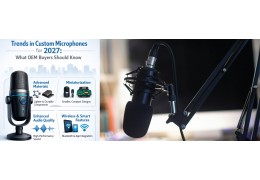
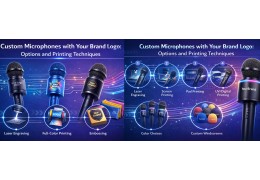

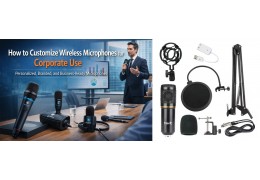
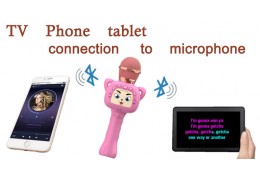
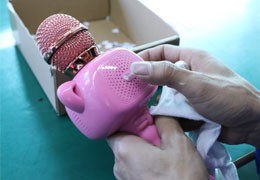
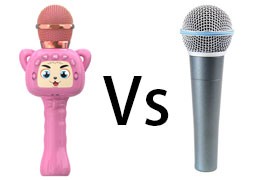
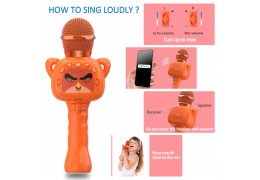
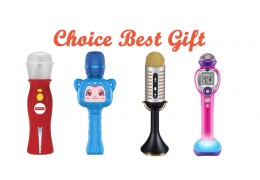
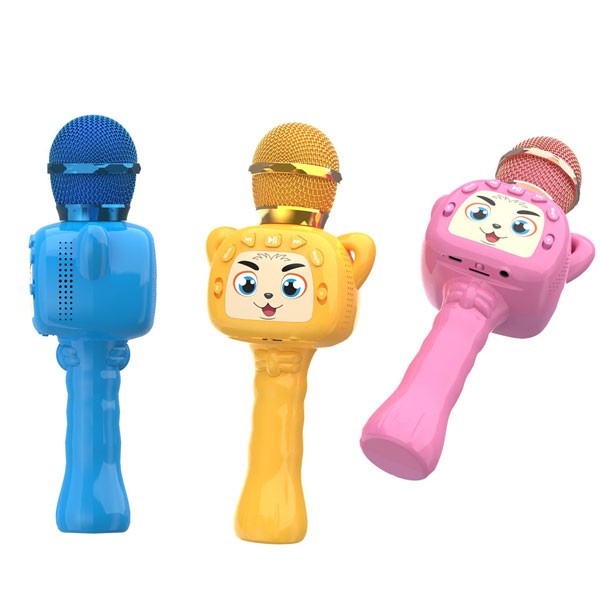
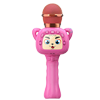

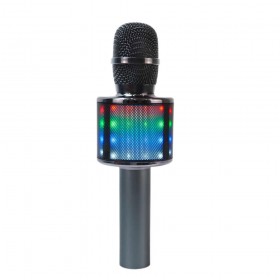
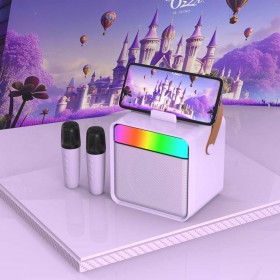

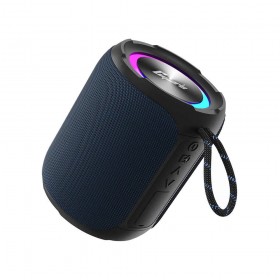
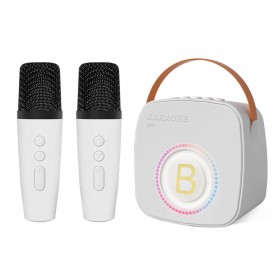
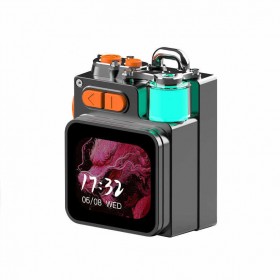
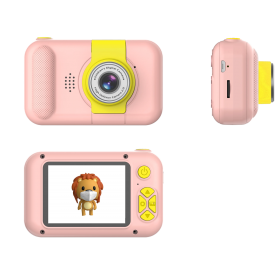
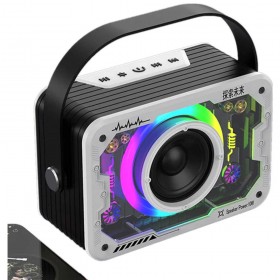
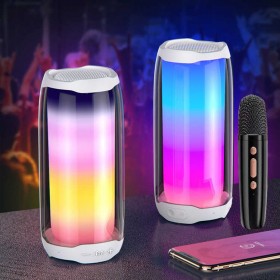
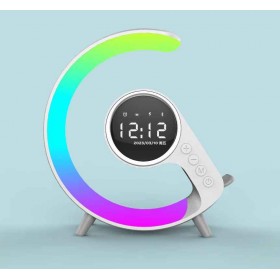
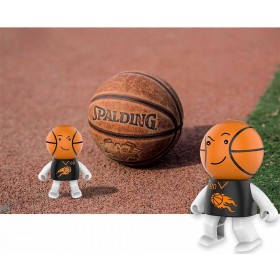
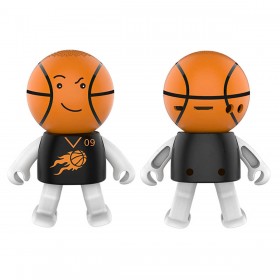
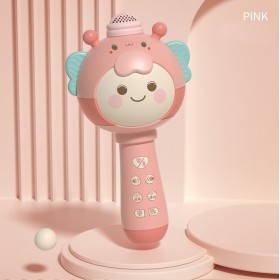
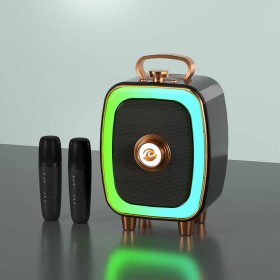
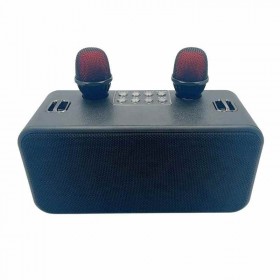
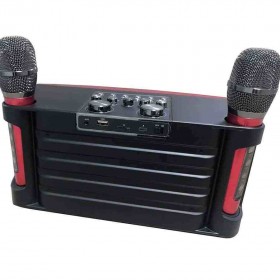
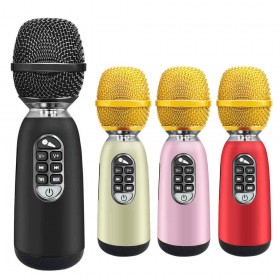
Latest comments